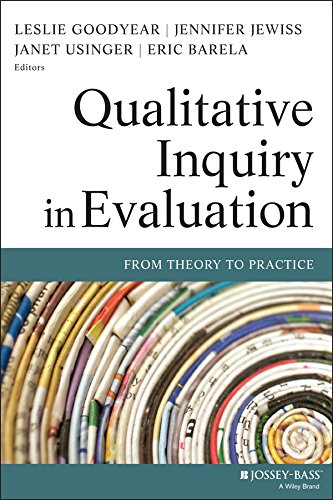Term used in connection with the modal realist analysis of necessity, possibility, and counterfactual conditional statements (those where the antecedent is presented as being false).
Consider ‘If Hitler had invaded England he would have won.’ Assuming his invasion was a possibility, there will be possible worlds in which he does, and in some of these he wins and in some he loses (assuming neither of these is impossible).
‘If Hitler…’ will be true if (ignoring a minor subtlety) the nearest world in which he invaded is also one in which he won. One problem (apart from providing criteria of ‘nearness’) is of that transworld identity: in remote worlds, is Hitler still really Hitler?
To answer this and associated problems he is given a counterpart in certain of the possible worlds. Counterpart theory then studies the conditions under which he has such a counterpart, and what is involved in his having one.
Source:
D K Lewis, On the Plurality of Worlds (1986)
Table of Contents
- covering law model
- modal realism
- frequency theory of probability
- identity theory of mind
- identity theory of predication
Last update 2020-06-17. Price and product availability may change.










